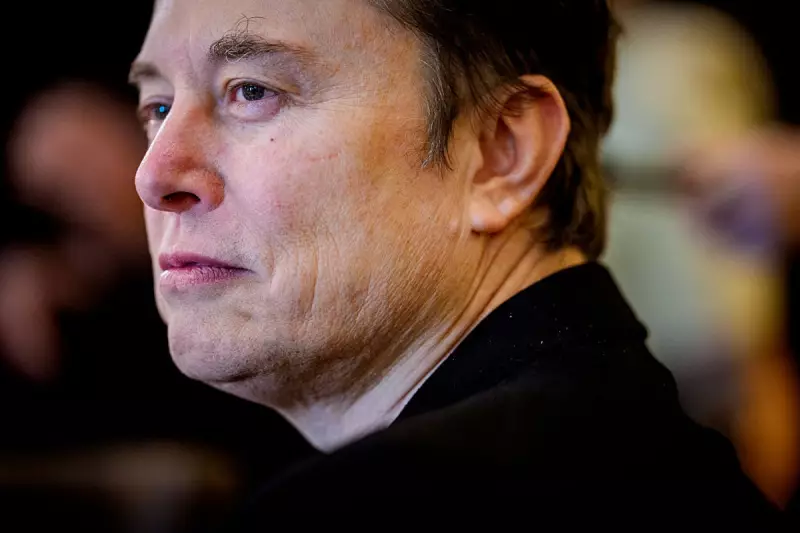
Elon Musk's SpaceX has initiated high-level discussions with the Pentagon seeking substantial government funding for an ambitious satellite surveillance network, according to exclusive reports. The proposed system, known internally as "Starshield," would deploy hundreds of advanced spy satellites capable of monitoring global activities with unprecedented precision.
Trump-Era Origins and Current Developments
The project's origins trace back to discussions during the Trump administration, where SpaceX executives reportedly engaged with then-President Donald Trump about creating a sophisticated satellite shield. Current negotiations indicate the company is seeking the US government to become the primary financial backer for this multi-billion dollar initiative.
Enhanced Surveillance Capabilities
The proposed constellation would represent a significant advancement in space-based surveillance technology. Sources familiar with the project suggest the satellites would be equipped with advanced sensors capable of:
- Tracking military movements and installations worldwide
- Monitoring potential threat developments in near real-time
- Providing continuous coverage of strategic global locations
- Enhancing US intelligence gathering capabilities significantly
National Security Implications
The timing of these discussions coincides with increasing global tensions and growing concerns about space-based threats. Pentagon officials have expressed interest in the proposal, recognising the strategic advantage such a system could provide. However, questions remain about the appropriate level of government involvement in what would essentially be a privatised intelligence network.
SpaceX's Expanding Government Role
This initiative marks another significant step in SpaceX's evolution from commercial space company to major government contractor. The company already provides launch services for national security payloads and operates the Starlink satellite internet constellation, which has demonstrated military applications during recent conflicts.
As negotiations continue behind closed doors, the potential creation of this satellite shield raises important questions about the future of space surveillance, government contracting with private companies, and the balance between national security needs and commercial interests in the final frontier.





